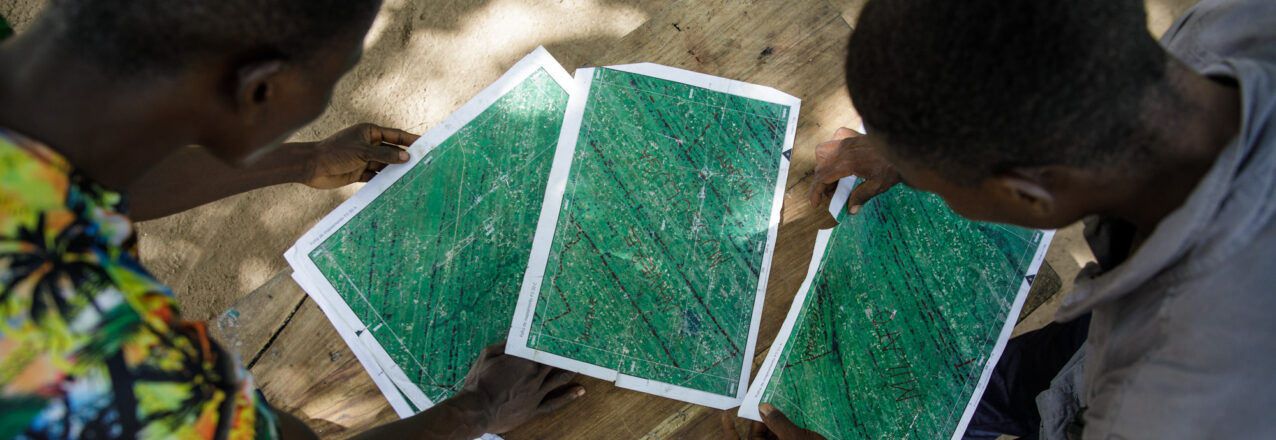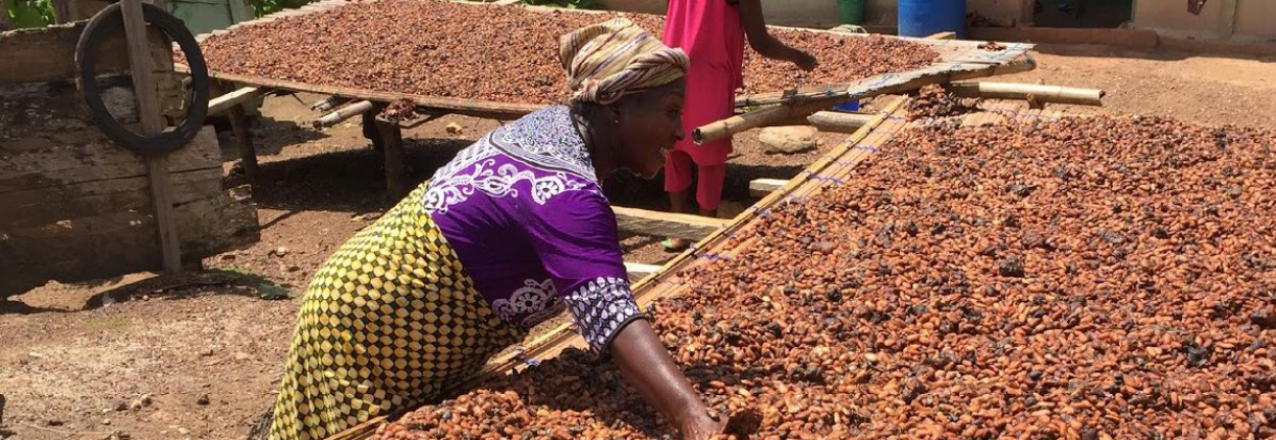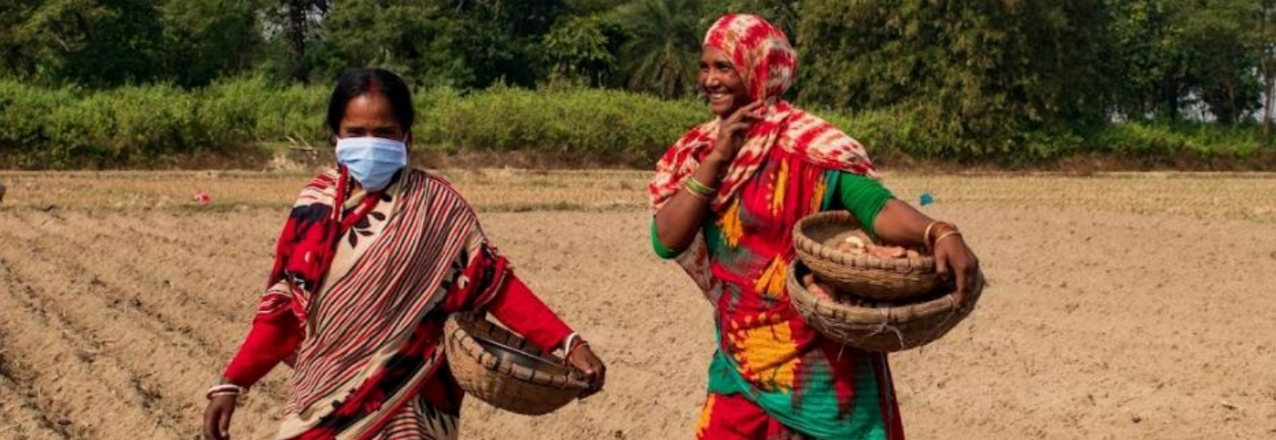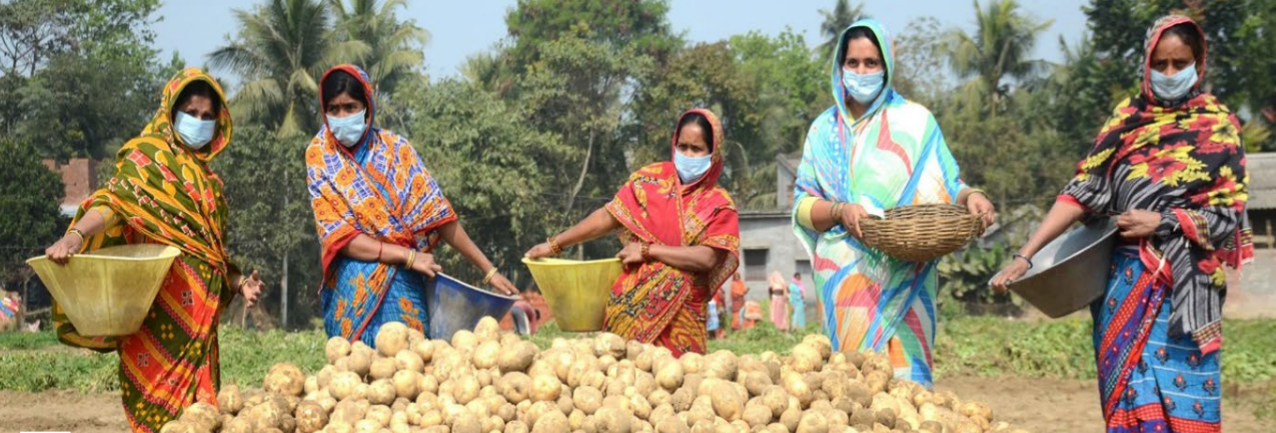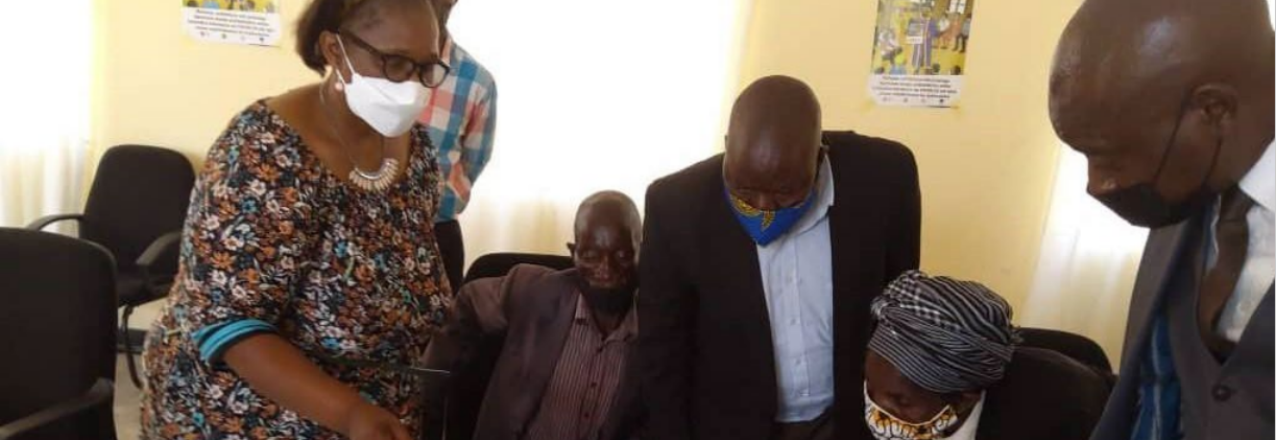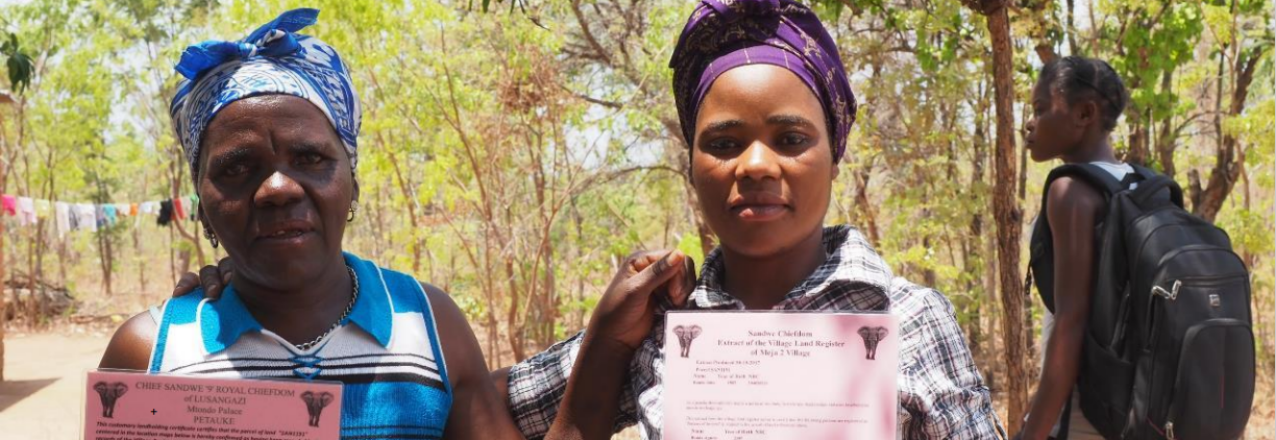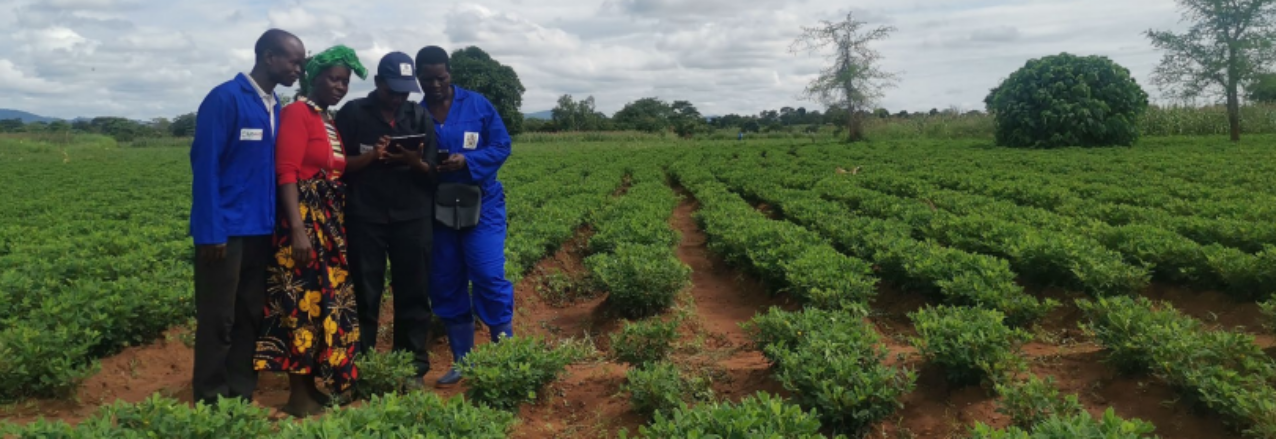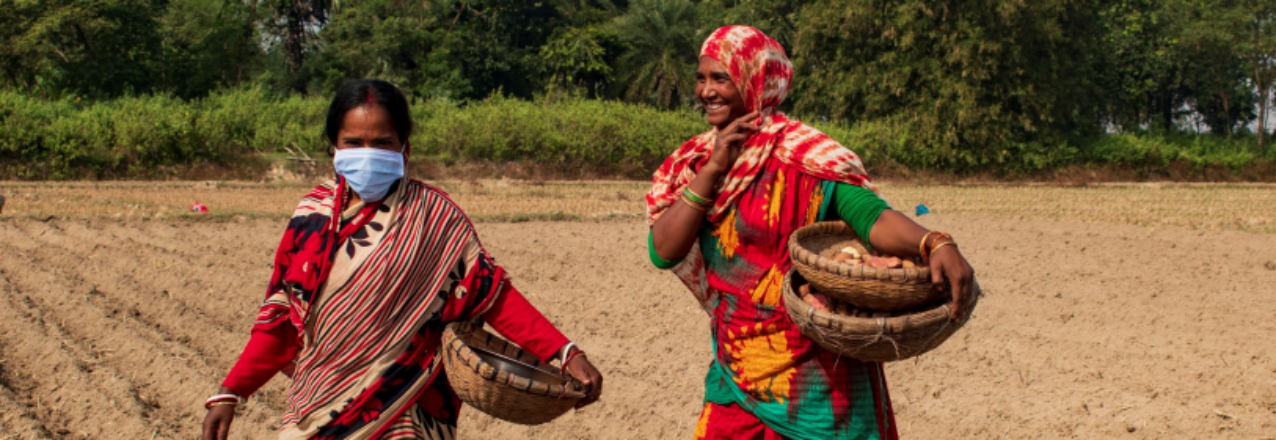The Integrated Land and Resource Governance II (ILRG II) Task Order supports the United States Agency for International Development (USAID) Land and Resource Governance Division in the Center for Natural Environment in the Bureau of Resilience, Environment and Food Security. The project develops, implements, assesses and evaluates interventions that secure land tenure and resource rights and strengthen governance systems. ILRG II identifies and addresses barriers to secure land and resource governance, supporting a range of development objectives such as combating climate change, promoting food security, conserving biodiversity, advancing gender equality and social inclusion, engaging the private sector, preventing conflict, supporting sustainable urbanization, and enabling localization.
The project provides technical assistance to strengthen and secure land tenure and resource rights for women, men, Indigenous Peoples, local communities, youth, persons with disabilities, and other marginalized groups in USAID-presence countries. Additionally, ILRG II enhances the capacity of stakeholders to advocate for their rights and improves the systems responsible for implementing these rights.
ILRG II also supports rigorous research and analysis to better understand effective strategies for achieving these goals and the connections between land and resource governance and other development outcomes. Through this work, USAID fosters equitable and resilient societies where land and resource governance rights are respected and leveraged for inclusive, broad-based growth.
ILRG II seeks to achieve the following four objectives:
- Strengthen enabling environments to promote inclusive legal and policy frameworks for land and resource governance in formal and customary settings;
- Enhance the capacity of key stakeholders and partners in government, civil society, local communities and the private sector to implement inclusive land and resource governance laws and practices;
- Build innovative partnerships with the private sector that enable responsible land-based investing to promote resilience; and
- Support robust monitoring, evaluation, research and learning activities to improve land and resource governance programming.
Successful performance under ILRG II requires a flexible and responsive approach to program implementation, building on lessons learned from previous land and resource governance programs. This approach adapts to unanticipated events, such as changes in government priorities, shifts in partners, staffing changes, or external shocks. An adaptive implementation and management strategy integrates lessons from both past and ongoing activities, allowing for continuous iteration and adjustment to improve outcomes for local communities and partners.
This Year 2 Work Plan, covering October 2024 – September 2025, includes the following activities:
- Deepening community-based natural resource management (CBNRM) activities and inclusive land, wildlife and forest policy frameworks in Zambia, initiated under ILRG.
- Supporting the USAID Inclusive Development (ID) Hub’s Indigenous People’s (IP) portfolio.
- Advancing Gender Equality and Women’s Empowerment (GEWE) in the cocoa value chain in Côte d’Ivoire.
- Implementing Gender Equality and Cocoa Climate Action (GECCA) activities in Ghana to empower women, promote climate adaptation, and generate carbon credits.
- Managing the Environmental Defenders grant program to support areas where risks to defenders overlap with land and resource rights issues.
- Supporting Green Cities/Adaptation activities in Malawi, focusing on green planning and gender equality and social inclusion (GESI) responsive land pooling to strengthen climate resilience.
- Conducting ad hoc research and learning tasks to support USAID Washington’s thought leadership and evidence generation on land tenure and natural resource governance.
- Emerging activities that are under discussion and development with USAID.
Additional activities may be identified and developed by ILRG II in coordination with USAID,
based on available funding and Mission field support.




